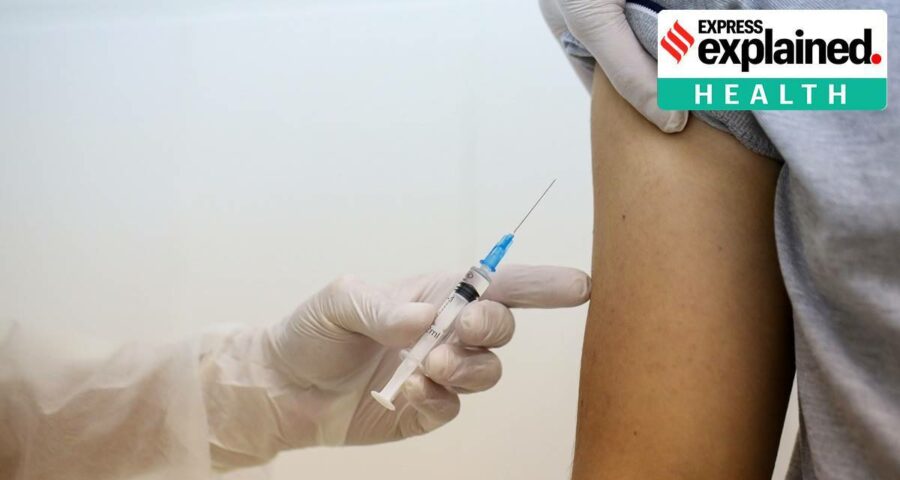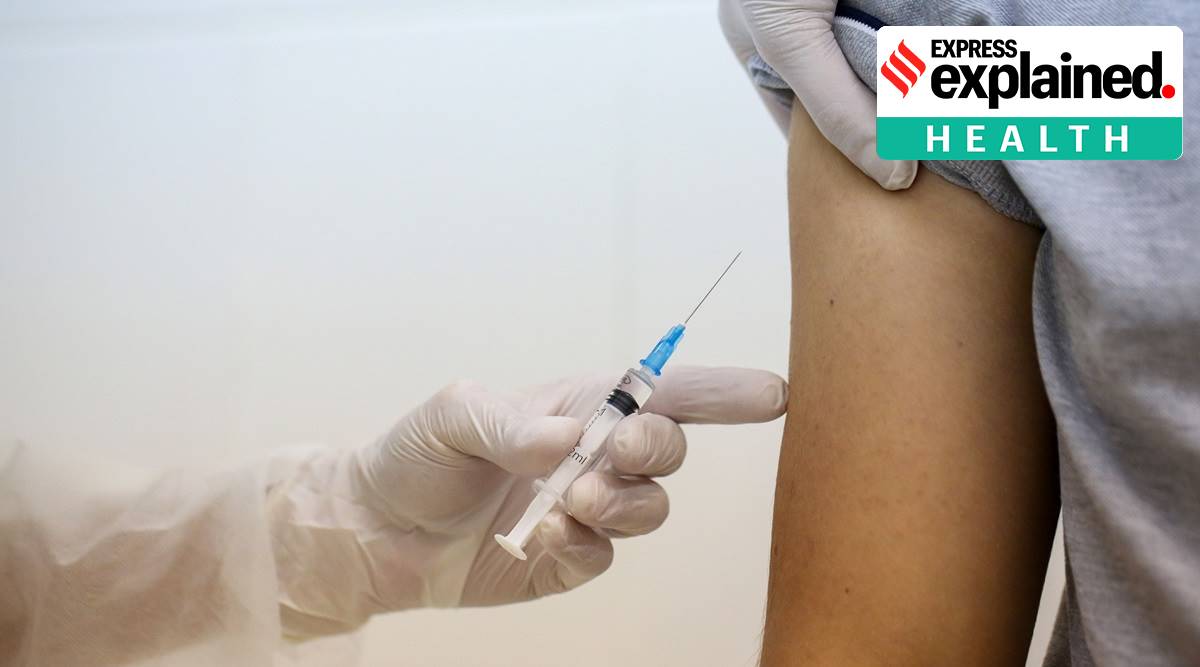The US CDC updated its guidelines for people who have been fully vaccinated and said those individuals should keep taking precautions in public spaces, which means maintaining a distance of at least 6 feet, among other measures.
On Monday, the US Centers for Disease Control and Prevention (CDC) updated its guidelines for people who have been fully vaccinated. CDC says that those individuals who have been fully vaccinated should keep taking precautions in public spaces, which means maintaining a distance of at least 6 feet, avoiding crowds and poorly ventilated spaces.
But first, what does it mean to be fully vaccinated?
Most of the Covid-19 vaccines that are being used around the world are administered in two doses that are given a few weeks apart. A second booster dose is required to build stronger and longer immune memory. This is, however, not the case with the Johnson & Johnson vaccine, which is administered as a single dose. This vaccine was recently given approval by the US Food and Drug Administration (FDA).
For the two-dose vaccines, which include Moderna, Pfizer-BioNTech and Oxford-AstraZeneca (called Covishield in India), a person is considered fully vaccinated about two weeks after the second dose has been given. In the case of the Johnson and Johnson single-dose vaccine too, a person is considered fully vaccinated after two weeks.
📣 JOIN NOW 📣: The Express Explained Telegram Channel
\
What has changed for people who are fully vaccinated?
The CDC has said that fully vaccinated people can gather indoors with other fully vaccinated people without wearing a mask. Vaccinated people can also gather indoors with unvaccinated people from one other household without masks, unless any of the people from those households are at an increased risk of developing severe disease from COVID-19.
Further, if a fully vaccinated person has been around someone who might have Covid-19, they do not need to stay away from others or get tested unless the person shows symptoms. However, if the fully vaccinated person lives in a group setting (like a correctional or detention facility or group home) and is around someone who has COVID-19, the person should still stay away from others for 14 days and get tested, even if they don’t have symptoms.
What do we still don’t know about vaccines and Covid-19?
It is not yet known if most of the vaccines are effective against the variants of the virus that have been emerging since last year. For instance, preliminary data suggests that while some vaccines work against some of the variants, they may not be effective against all variants.
Further, it is not known by how much vaccines reduce the virus from being transmitted. Which is to say that while a fully vaccinated person is protected from infection themselves, they could still carry the virus in their nose and throat and spread it to others who may not have vaccine-induced immunity or natural immunity from the disease. Therefore, most advisories still suggest that vaccinated people should wear masks in public spaces and maintain social distancing practices.
Another unknown is for how long immunity from vaccines lasts. Therefore it is not clear if people will have to be vaccinated every year or every few years.
Also, while elderly people along with frontline workers are being prioritised for vaccines around the world, if children can expect to get vaccinated soon is not known yet. Pfizer for instance has cleared its anti-Covid-19 vaccine for use on those aged 16 and above, but for those below this age threshold, getting vaccinated may still be far away.
Source: Read Full Article


